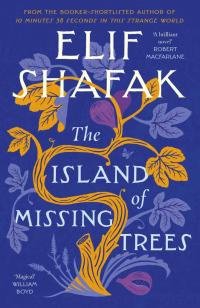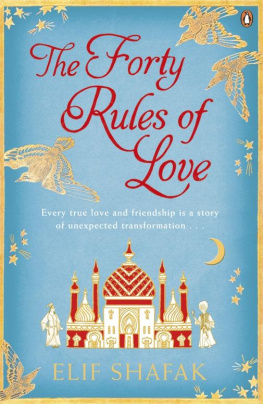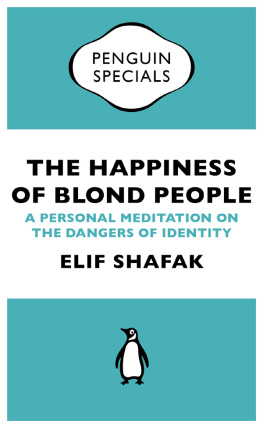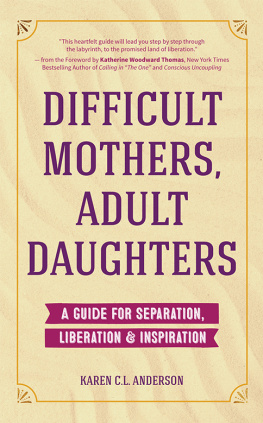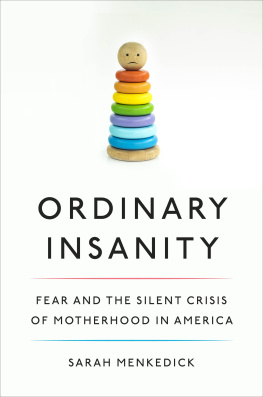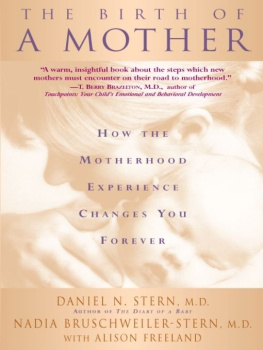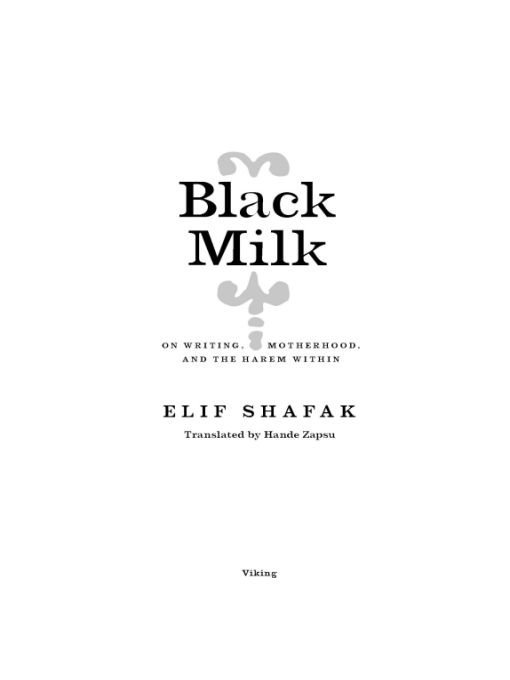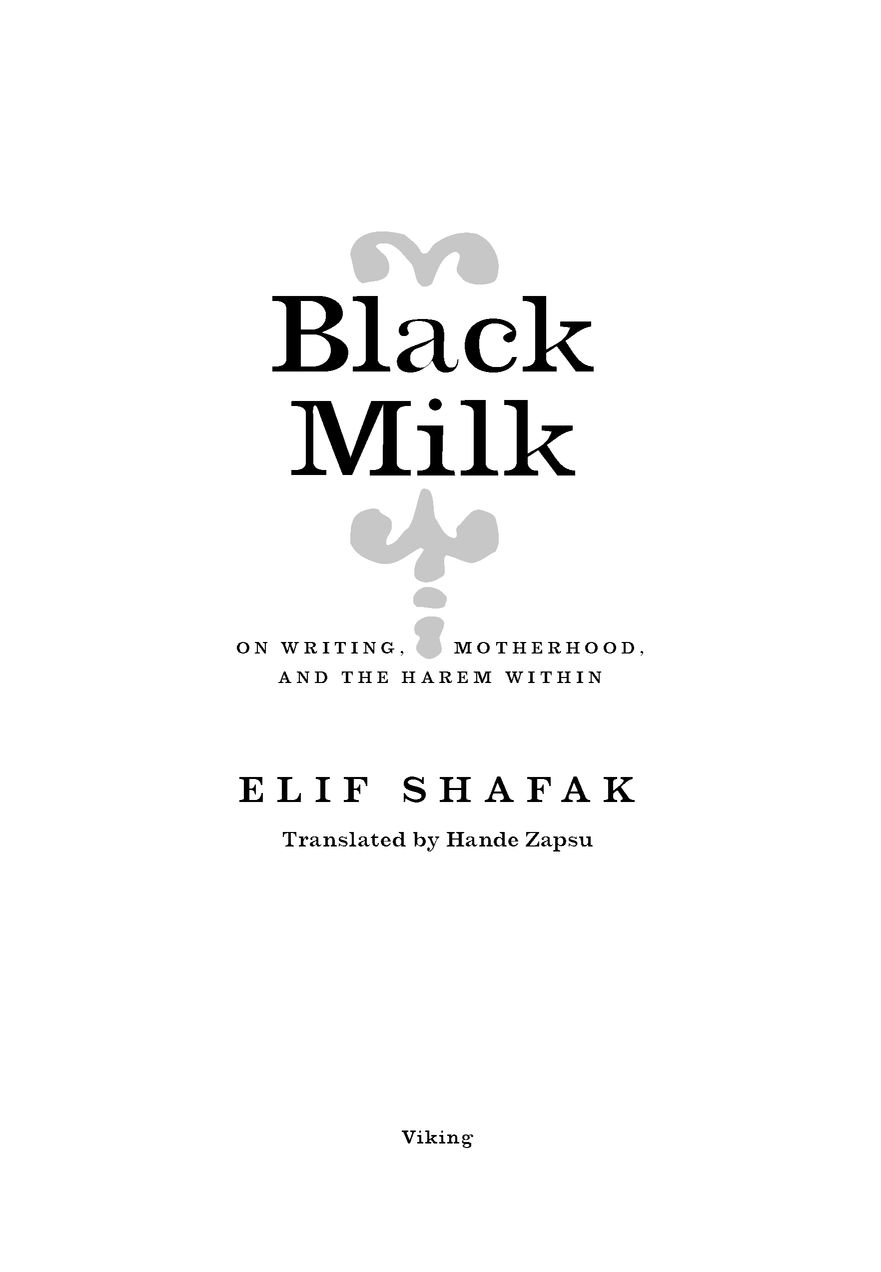Table of Contents
ALSO BY ELIF SHAFAK
The Forty Rules of Love
The Bastard of Istanbul
The Saint of Incipient Insanities
The Gaze
The Flea Palace
For three females,
Beyza, Aurora and Zelda
For seventy years I have been steadily lowering and lowering my opinion of women, and I must still lower it more. The woman question! How could there not be a woman question! Only not about how women should control life, but how they should stop ruining it.
Tolstoy the Misogynist
The goal of our life should not be to find joy in marriage, but to bring more love and truth into the world. We marry to assist each other in this task.
Tolstoy the Feminist
I feel great tenderness for her [his daughter Masha]. Her only. She makes up for the others, I might say.
Tolstoy again
Note to the Reader
I was in Istanbul when the earthquake hit in 1999. At the time I lived in one of the most vibrant and diverse neighborhoods in the city, where the quality of houses varied as widely as the stories of the people who inhabited them. When I ran out of the building with everyone else at three in the morning amid shouts and screams, I saw something that stopped me in my tracks. Across the street was the local grocera grumpy old man who didnt sell alcohol and didnt speak to marginalssitting next to a transvestite with a long, black wig and mascara running down her cheeks. I watched the man open up a pack of cigarettes, his hands shaking, his face as white as a ghost, and offer one to her. That was, and still is, the image of that night that has stayed most entrenched in my mind: a conservative grocer and a crying transvestite smoking side by side. In the face of disaster and death, our mundane differences evaporated and we were all One, even if for only a few hours.
But I have always believed that stories, too, have a similar effect on us. I am not saying that fiction has the magnitude of an earthquake, but when we are inside a good novel we leave our cozy, small apartments behind and, through fictional characters, find ourselves getting to know people we had never met before, and perhaps had even disliked as our Others.
Years later I would recall that night in a completely different context: After the birth of my first child I experienced a strong depression that separated me from the one passion in life that until then I had held above everything: writing fiction.
It was an emotional tremor for me. When I ran out of the building of the Self that I had carefully constructed all those years, there in the darkness, scared and shaken, I encountered a group of Thumbelinassix tiny finger-women, each of whom looked like a different version of mesitting side by side. I knew four of them already. The two others I was meeting for the first time. I understood that if it werent for the extraordinary situation of my postpartum depression, I would have never seen them in a new light, and they would have kept living in my body and soul without ever listening to one another, like neighbors who share the same air but never a peaceful greeting.
Perhaps all women live with a mini harem inside and the discrepancy, tension and hard-achieved harmony among our conflicting selves is what really makes us ourselves.
It took me a while to get to know and love all of the six Thumbelinas.
This book is the story of how I faced my inner diversity and then learned to be One.
I am a writer.
I am a nomad.
I am a cosmopolite.
I am a lover of Sufism.
I am a pacifist.
I am a vegetarian and I am a woman, more or less in that order.
That is how I would have defined myself until I reached the age of thirty-five.
Up to that moment, first and foremost I saw myself as a teller of tales. Once upon a time, people like me shared their stories around a campfire, under a sky so wide you could never be sure where it ended, if it ever did. In Paris, they scraped together the rent by writing for newspapers. In the palace of a despotic sultan each story earned them the right to live one more day. Be it the Anonymous Narrator, Balzac or the beautiful Shehrazat, I felt connected to those storytellers of old. The truth is, like many other novelists, I felt closer to dead writers than to contemporary ones, and perhaps related more easily to imaginary people than to those who were realwell, too real.
That was how I lived. That was how I planned to go on living. But then something totally unexpected, miraculous and bewildering happened to me: motherhood.
It changed everything, changed me.
I blinked at my new role, as baffled as a bat wakened by sunlight.
The day I learned I was pregnant the writer in me panicked, the woman in me became happily confused, the pacifist in me remained passive, the cosmopolite in me began to think of international baby names, the Sufi in me welcomed the news, the vegetarian in me worried about having to have to eat meat and the nomad in me just wanted to take to her heels and run as fast as she could. But that is what happens when you are pregnant. You can run away from everything and everyone but not from the changes in your body.
When the postpartum depression hit, it caught me completely unguarded. Stretching out in front of me like a dark tunnel that seemed to have no end, it scared me out of my wits. As I tried to cross through it, I fell down several times and my personality was shattered into pieces so small there was no way I could glue them back together again. Yet, at the same time, the experience helped me to look within and meet anew every member of the mini harem I had carried inside of me all those years. A depression can be a golden opportunity given to us by life to face head-on issues that matter greatly to our hearts, but which, out of haste or ignorance, have been swept under the carpet.
I am not sure what came first and what followed. Did I exit from my depression and then start writing this book? Or did I complete the book and in that way manage to crawl out of the tunnel? The truth is, I cannot tell. My memories of those days are vivid and intense, but they are far from being chronological.
I do know for certain, however, that this book was written with black milk and white inka cocktail of storytelling, motherhood, wanderlust and depression, distilled for several months at room temperature.
Every book is a journey, a map into the complexities of the human mind and soul. This one is no different. Every reader therefore is a traveler of a sort. Some tours introduce one to cultural heritage sites, while others focus on outdoor adventures and wildlife. In the pages that follow, I want to take you on two tours at the same time, one into the Valley of Babies, the other into the Forest of Books.
In the Valley of Babies, I will invite you to take a closer look at the many roles that make up our lives, starting with womanhood, motherhood and authorship. In the Forest of Books, I will discuss the lives and works of various women writers, past and present, East and West, to see how they have dealt with similar topics, successfully or unsuccessfully.
This book was written not only for women who may have shared, or will share, a similar depression but also for anyoneman or woman, single or married, parent or childless, writer or readerwho finds it difficult, at times, to balance the multiplicity of roles and responsibilities in their lives.


